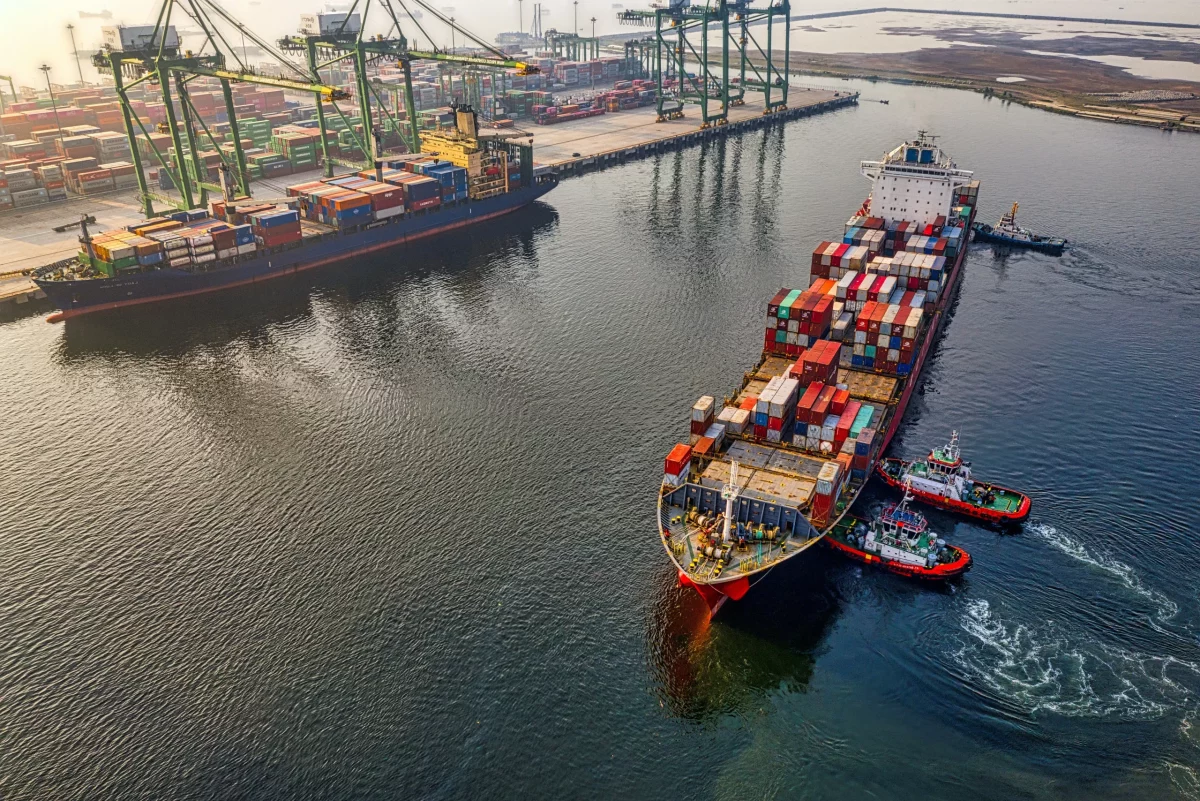The International Maritime Organisation has revised its plans set in 2018 to reduce shipping-related emissions, introducing stronger objectives that will kickstart the transition to a net-zero future.
The International Maritime Organisation (IMO), the United Nations agency responsible for regulating shipping worldwide, has announced a major leap forward in its plans to become a net-zero industry by 2050.
The recently related 2023 version is a revision to the 2018 plans, which had agreed to cut the industry’s carbon footprint by 50% by the middle of this century.
Now, the goal has been set to slash emissions by at least 20% – and ideally 30% – by 20230. The goal for 2040 is a minimum reduction of 70%, and hopefully an 80% decrease. The start line is based on figures produced in 2008.
The revision makes for a huge shift in policy, as well as a show of good faith in the importance the agency is placing on tackling climate change.
There are also ambitions to achieve an uptick of between five and 10% in the use of zero or near-zero emission technologies, fuels and energy sources by 2030, kickstarting the overall transition as well as creating incentives for the industry to make investments in eco-friendly choices.
REDUCING HARMFUL ELEMENTS
The new agreement has also led to a consensus on the necessity of adopting regulations on reducing marine fuel’s emission “intensity”, as well as a greenhouse gas pricing mechanism based on an impact assessment.
Emissions from shipping represent around 3% of the world’s totals, and though not a huge number, are significant in the overall environmental picture.
Click here to read more.
Make sure you’re never left out of the conversation.
Sign up for the Monaco Life newsletter, and follow us on Facebook, Twitter, Instagram and LinkedIn.
Photo source: Unsplash
